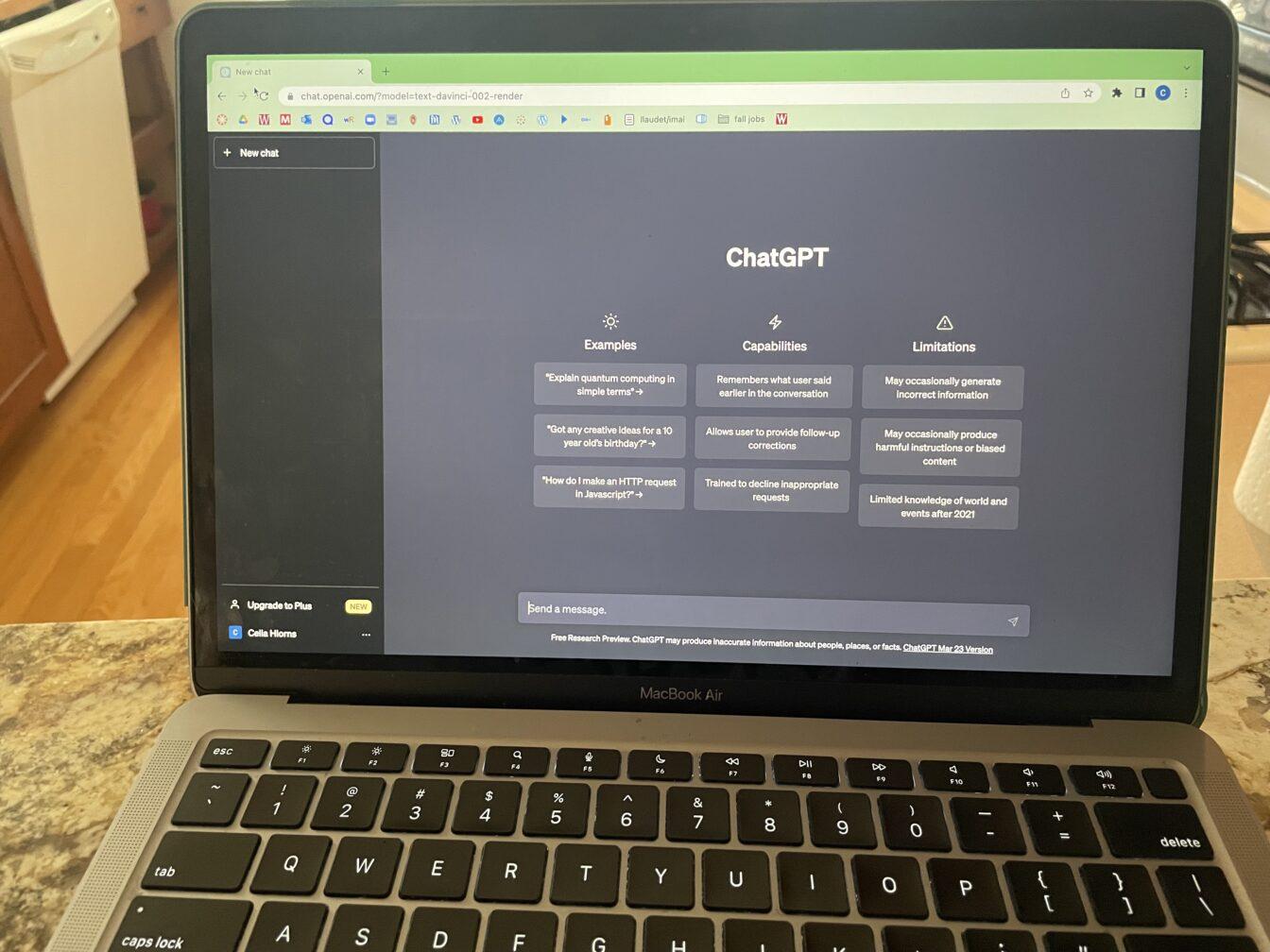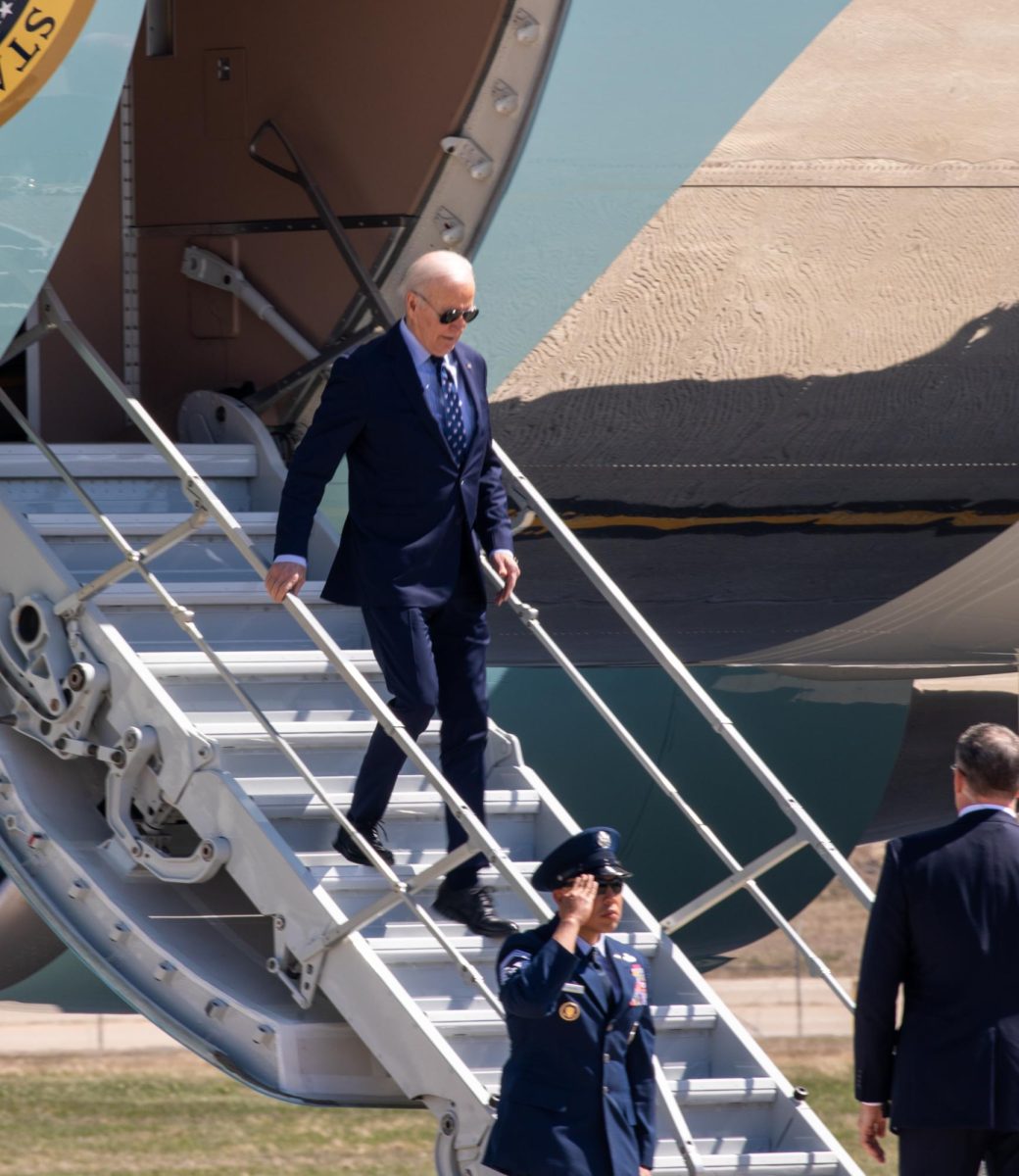The University of Wisconsin System has announced they will follow the federal guidelines given by the Biden administration that state all federal employees must be vaccinated by Dec. 8. This includes all people paid under federal contract and those who work to support them.
UW-Madison recently announced the details of its compliance with the mandate, stating all employees — not just individuals who work directly through federal contracts — are obligated to provide proof of vaccination or receive an approved exemption. This requirement includes student hourly employees.
Currently, 95.2% of UW employees and 94.6% of students are already vaccinated and anyone that is not must complete a weekly COVID-19 test.
It is clear both students and employees alike have been getting vaccinated despite political ideology. But just because there might not be substantial backlash or outcry to the federal guidelines at UW, lack of backlash doesn’t mean the guidelines are acceptable.
Only a few days ago, the U.S. Court of Appeals for the 5th Circuit halted the mandate for pending review. They claimed the “petitions give cause to believe that there are grave statutory and constitutional issues with the mandate.”
Glenn Youngkin’s support for censorship of literature should concern you
Both Republican attorney generals and many companies requested the pause, arguing the mandate “exceeds the authority” of the Occupational Safety and Health Administration and amounts to an “unconstitutional delegation of power to the executive branch by Congress.”
There have been many cases in the past that argued a vaccine mandate would violate 14th Amendment due process rights. But the case Jacobson v. Massachusetts settled it is “within the police power of a state to provide for compulsory vaccination.”
The courts concluded it is up to the state legislature to determine whether vaccination is or is not the best mode for the prevention of a specific disease and the protection of public health. Several states have used this power to block employer mandates.
But at the federal level, the vaccine mandate is a much more complicated issue. With a few exceptions, there are no laws allowing the federal government to issue a vaccine mandate for the general population.
There are several federal vaccine mandate actions that are theoretically possible. But any federal actions to enforce or incentivize vaccine mandates may face legal challenges due to the 10th Amendment’s prohibition on commandeering or forcing states to use their own resources to carry out federal policies.
There is also a massive problem with the ethicality of the mandate regardless of its legality — the conflict between public health and individual liberty.
Some people believe when it comes to public health, there are no lines you can’t cross. In the eyes of many, the “greater good” outweighs the rights of the individual.
Rising Madison gun violence requires new public safety approach
It is not wrong to believe COVID-19 is a large public health issue that seriously needs to be addressed. But it is wrong to think the way we solve the issue doesn’t matter as long as it leads to a normatively good end result. The phrase “the end justifies the means” comes to mind here.
We want to lead the country out of this pandemic but we have to start asking ourselves — at what cost? Over the past two years, we’ve been giving up more and more of our freedom. When the end of the pandemic finally comes, will there be any freedom left?
Enforced mandates eliminate the right to informed consent or refusal of treatment. Eliminating choice when it comes to medical decisions throws freedom and personal autonomy out the door. Furthermore, lost in all this discussion is the government interfering in citizens’ patient-doctor relationships.
Whether or not the mandate violates the Constitution or is simply an unconstitutional delegation of authority, the mandate does violate the fundamental principles that this country was founded upon.
Vaccinations are an incredible medical invention and encouraging vaccination can be a really great thing. That being said, it should never be in the powers of others to dictate citizens’ medical decisions and exploit their individual liberties. This is exactly what the mandates are going to do.
Many people in the United States agree with this sentiment. On Nov. 8, a demonstration in downtown Los Angeles organized by Firefighters4Freedom brought in hundreds of protesters. Participants included but were not limited to first responders, such as local firefighters and law enforcement.
FAFSA system overcomplicates receiving aid amid tuition spikes
The demonstrators make clear they are not anti-vaccine but rather anti-vaccine mandates. These are brave men and women that have quite literally fought to protect our civil liberties — we should not fail in protecting them and their decisions.
The UW System should absolutely not require vaccinations for its employees. In fact, there should be nowhere in the country that requires vaccinations for its citizens. Vaccination should be encouraged, but left at that.
We must give people personal choice. We have to trust that an individual will make the right decision for themselves and their families. The goal is to end the pandemic, but not by any means necessary. We cannot extinguish morality in order to do so.
Jessica Lewin ([email protected]) is a sophomore studying journalism.














